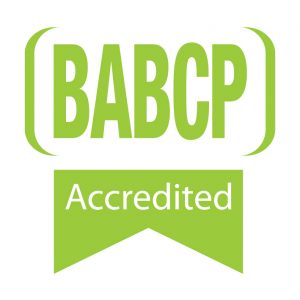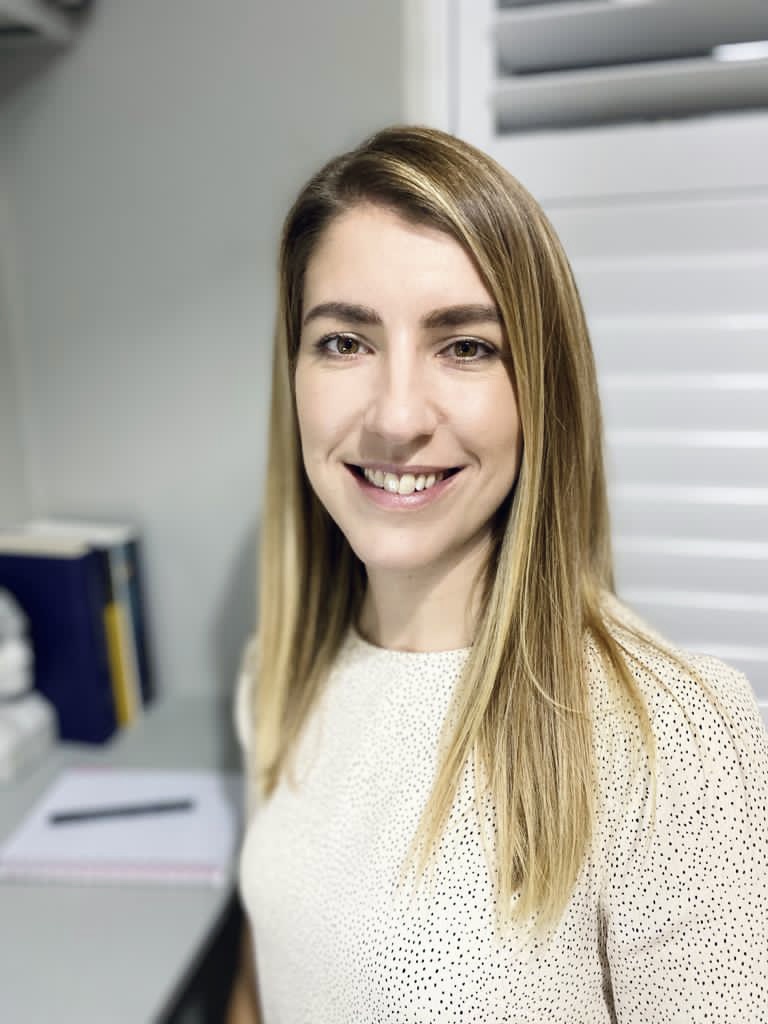Specialist Therapy Online
Jo Pearson-O'Sullivan
Senior CBT therapist
My journey in the field of mental health began in 2005 when I trained as a mental health nurse. After qualifying I quickly developed a strong interest in eating disorders and psychological therapies and in 2012 I completed a post graduate diploma in Cognitive Behavioural Therapy (CBT). Over the past 11 years I have had the opportunity to work in a variety of NHS settings with both adults and young people. In addition to my general training in CBT, I have specialist training and experience in therapies for eating disorders, body image problems, and trauma.
Alongside my private practice I work part time for a specialist trauma service.
Sue Abusson
Senior CBT Therapist
I fully understand the impact an eating disorder can have on living and I am passionate about helping you tackle your problems so that you can move forward with your life.
People struggling with eating disorders often have high levels of shame and low self-worth, which can keep them stuck with their difficulties. We would look to develop a shared understanding of the reasons which keep your problem going, including cognitive, behavioural and emotional aspects, and work together to begin to address these. My main therapeutic approach is CBT-ED (Cognitive Behavioural Therapy for Eating Disorders), and within this, I will integrate a range of techniques appropriate for you as needed.
Tackling eating problems can be hard, and I will bring plenty of enthusiasm, motivation, compassion and honesty to facilitate the best environment in which you can test out making changes. The therapeutic relationship can be an important factor in client outcome, and I have helped many people address their barriers to change and overcome their eating difficulties. With a history of good client engagement and low drop-out rates, I am well placed to support you in taking steps forward and helping you navigate the path through your eating disorder and towards leading a life worth living.

Problems We Can Help You With
Eating disorders
Disordered eating
Body image problems
Post traumatic stress disorder
Feel reassured that you are working with a highly trained and experienced professional
Accreditation indicates that a therapist has undergone rigorous training and assessment and adheres to strict standards of clinical practice, supervision, and continuing professional development.

Frequently Asked Questions
Cognitive Behavioural Therapy or as it is commonly known, CBT, is a family of talking therapies, all based on the idea that thoughts, feelings, what we do, and how our bodies feel, are all connected and therefore if we change one of these we can alter all the others.
When we’re low or upset, we often fall into automatic patterns of thinking and responding which can actually worsen how we feel. CBT helps you notice and change problematic thinking styles or behaviour patterns so you can feel better.
CBT is helpful for lots of different people and problems, and is widely recommended.
The National Institute for Health and Clinical Excellence (NICE) provides independent, evidence-based guidance for the NHS on the most effective, proven treatments. CBT is recommended in NICE guidelines for many different problems, including:
- anxiety disorders (including panic attacks)
- depression
- obsessive compulsive disorder (OCD)
- post-traumatic stress disorder (PTSD)
- eating disorders
CBT approaches can be used for people of all ages and backgrounds.
The number of CBT sessions needed depends on the difficulty you are experiencing and your goals, you will be informed of an estimate of how many sessions you might be needed after an initial assessment.
I don’t currently accept insurance referrals
Initial assessments are 60-90min, individual therapy sessions are around 50min.
CBT is an individual therapy and you will usually be seen on your own, in some circumstances it might be helpful for someone who is supporting you to join part of a session.
CBT is a structured and goal orientated therapy, most sessions begin with agenda setting – agreeing together what that session will concentrate on with an overall focus of supporting you to work towards your goals for therapy.
